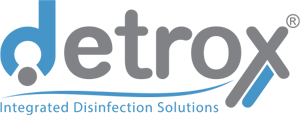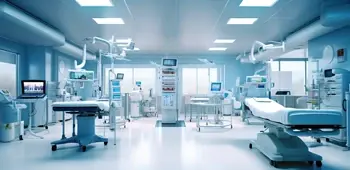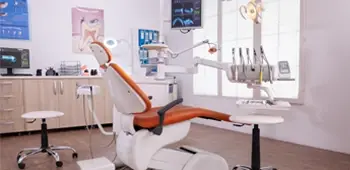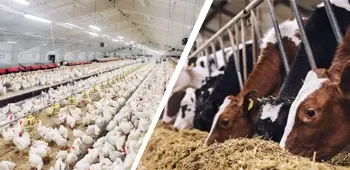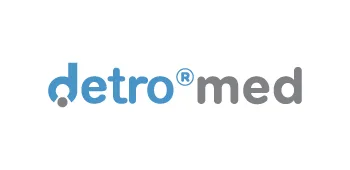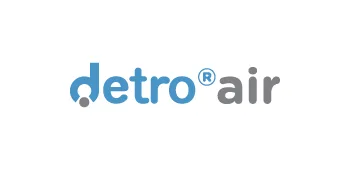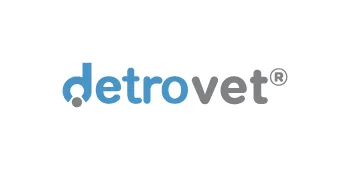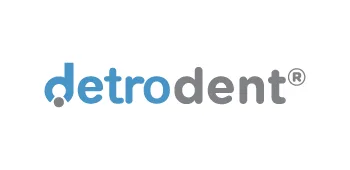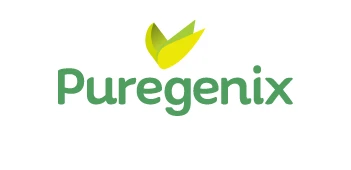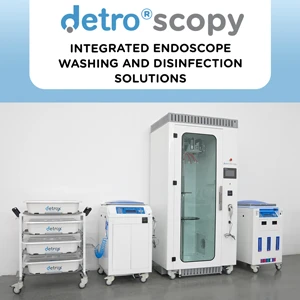Water System and Equipment Disinfection: The Importance of Hygiene and Effective Solutions
Water systems play a critical role in maintaining hygiene in many areas such as animal housing, poultry houses, barns, hatcheries, veterinary clinics and food businesses. Failure to regularly clean water lines and equipment can lead to the growth of harmful microorganisms, the formation of biofilm layers and the spread of diseases. Therefore, ensuring effective water system disinfection and equipment hygiene is of great importance for both animal health and general hygiene.
Importance of Water System Hygiene
Water is a vital resource for the healthy functioning of animals and businesses. However, microorganisms that accumulate in water systems over time can reduce the quality of water by forming biofilms on the inner surfaces of pipes. Some of the risks posed by this situation are as follows:
- Microorganism Growth: Bacteria, fungi, viruses and other pathogens can multiply in water lines and threaten the health of animals.
- Biofilm Formation: The thin microbial layer formed on the inner surfaces of water lines reduces the effectiveness of disinfection and causes the protection of harmful pathogens.
- Blockage and Corrosion: Biofilm build-up can lead to blockage of water pipes, blocking the flow of water and causing corrosion in the system.
- Causing Diseases: Waterborne diseases can cause serious health problems, especially in the livestock and food sector.
What is Biofilm and How is it Formed?
Biofilm is a sticky layer formed by microorganisms adhering to surfaces. This layer, which accumulates over time on water lines, tanks, drinkers and other surfaces, helps protect bacteria and fungi. This reduces the effect of disinfectants, allowing microbes to survive and multiply.
Standard cleaning methods may not be sufficient to remove the biofilm layer. At this point, effective decontamination solutions that break down and destroy the biofilm are needed.
Importance of Disinfection in Water System and Equipment
Regular disinfection should be applied to ensure the hygiene of water lines, animal shelters and veterinary clinics. Some advantages of disinfection are:
- Prevents microbial contamination: Prevents the spread of water-borne diseases.
- Breaks the biofilm layer: Keeps water lines clean.
- Protects Water Quality: Clean water is a critical element for animal health and food safety.
- Extends Equipment Life: Corrosion and lime formation decreases on disinfected surfaces.
The Role of Chlorine-Based Disinfectants
Chlorine-based disinfectants are widely used to maintain hygiene, especially in water systems and equipment. Disinfection tablets containing sodium dichloroisocyanurate increase the level of hygiene by breaking down the biofilm layer and destroying germs. Such disinfectants:
- It has bactericidal, fungicidal, virucidal and sporicidal effect.
- Prevents biofilm formation and destroys existing biofilm.
- Provides hygiene without damaging water systems.
- It offers solution preparation and ease of use at precise concentrations.
Hygiene in Veterinary Clinics and Animal Shelters
Hygiene in veterinary clinics and animal shelters is of great importance to prevent the spread of diseases. Regular cleaning of water systems and equipment has the following advantages
- Protects animal health.
- Prevents the spread of bacteria and viruses.
- Prevents bad odour formation.
- Creates a safer environment for staff and visitors.
Disinfection Application in Water System and Surfaces
The following steps should be followed for effective disinfection:
- Determine the Right Concentration: The disinfectant to be used must be mixed with the recommended amount of water.
- Perform Biofilm Cleaning: The first step is to break down the existing biofilm so that the system is completely cleaned.
- Make Regular Application: Periodic disinfection procedures should be carried out for the continuity of hygiene.
- Use Effective Cleaning Materials: Highly compatible disinfectants that do not damage water lines should be preferred.
Regular disinfection of the water system and equipment is of great importance to ensure hygiene and prevent biofilm formation. Regular hygiene practices are essential for maintaining water quality, preventing disease and improving animal health, especially in veterinary clinics, animal shelters, poultry houses and food businesses. Solutions such as chlorine-based disinfection tablets are one of the best alternatives to ensure effective and safe hygiene. With regular cleaning and disinfection practices, hygiene standards can be maintained and the longevity of water systems can be ensured.


